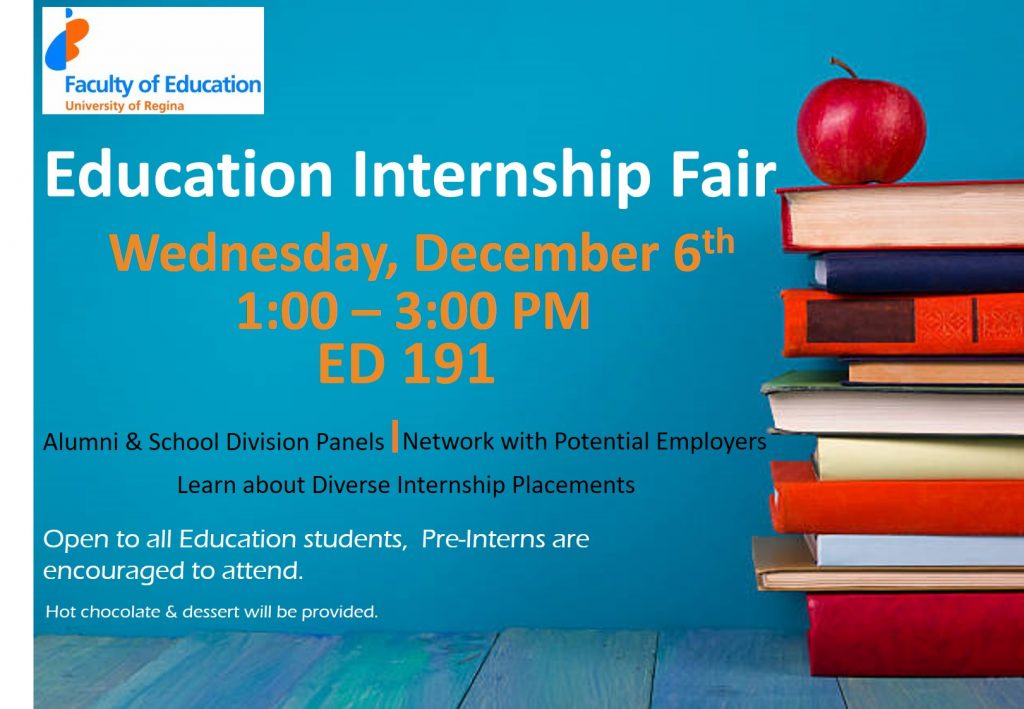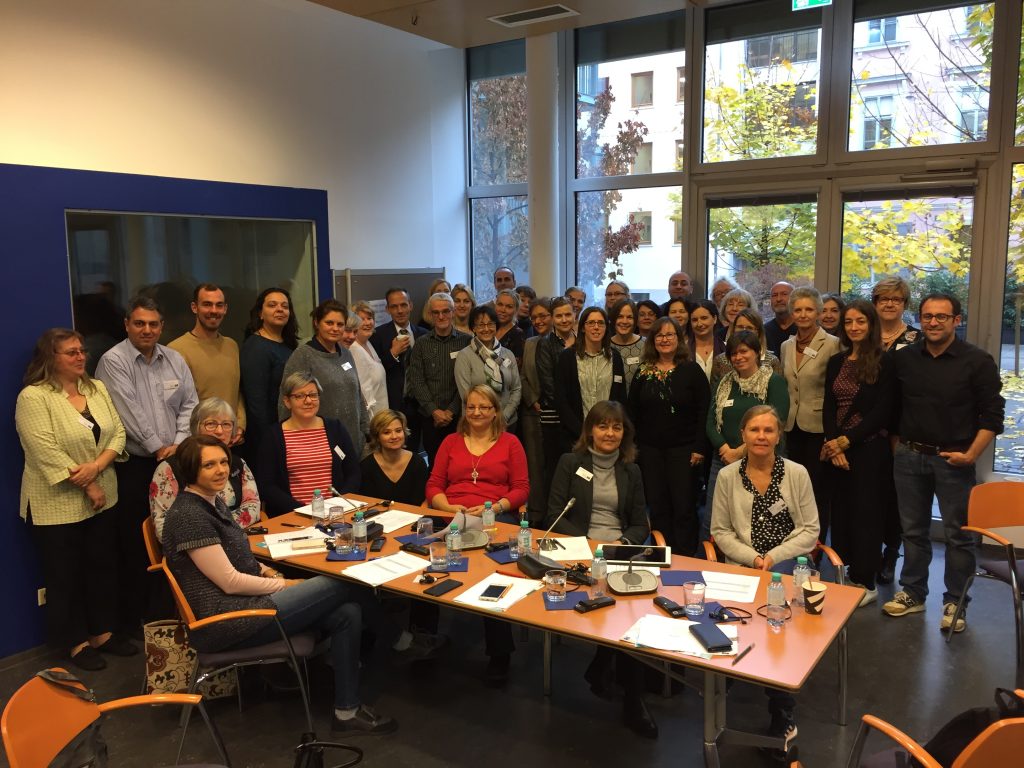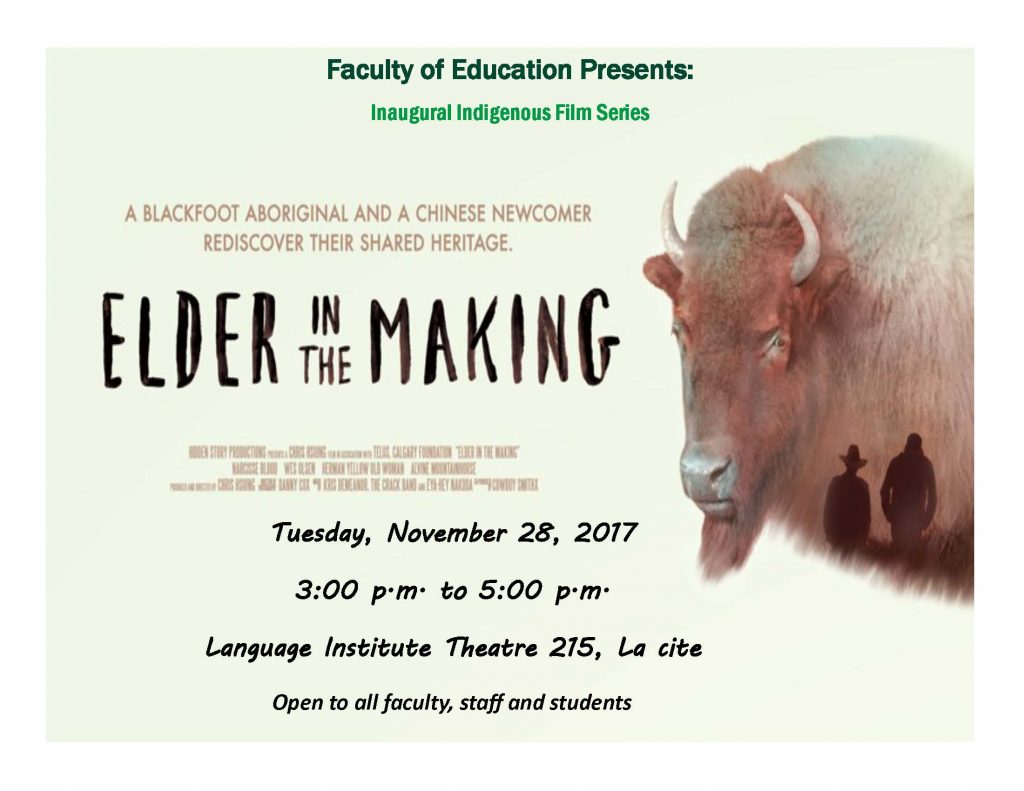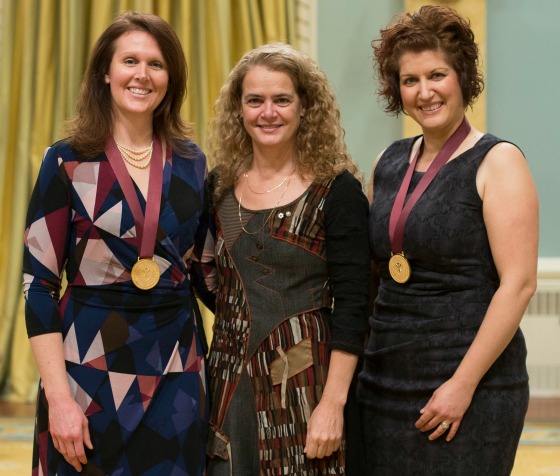
Naomi Fortier-Fréçon and Leia Laing are still relatively early in their teaching careers but they have already left an important legacy.
This past November, Fortier-Fréçon and Laing, both graduates of the U of R, received the Governor General’s History Award for Excellence in Teaching. Governor-General Julie Payette, presented the award at a ceremony at Rideau Hall in Ottawa.
They were recognized for co-founding the Treaty4Project in 2014 while they were teachers at Regina’s Campbell Collegiate High School.
Fortier-Freçon, while still teaching, is a U of R student once again, working on her PhD.
“When we accepted this honour we were very happy to see that our project was recognized at a national level,” says Fortier-Fréçon. “A lot of work and effort was put into this project and it was very exciting to see how this education project has evolved since it began in 2014.”
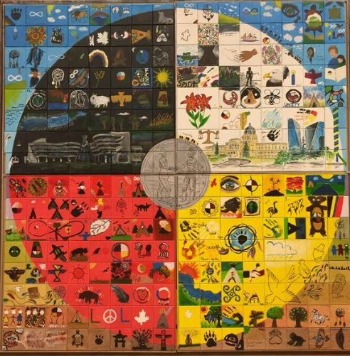
The idea for the project came when Laing and Fortier-Fréçon concluded that students were not receiving the treaty education required.
So they started working on a program.
“First, the inspiration was to find a way to ‘think outside the box’ and find a creative way to teach about treaty education,” says Laing. “We were troubled by the reality that our students seemed to know very little about treaty education and when they knew something we noticed that they weren’t necessarily applying their knowledge in their lives. Therefore, they seemed to know the “right answer” on paper, but unfortunately that reality was not reflected in their actions or relationship with their friends and the community around them.”
The teachers started developing their idea. They searched for input. They approached Calvin Racette who was the Indigenous Education Coordinator with Regina Public Schools.
Racette supported the project from the beginning and suggested the teachers include Noel Starblankett, Knowledge Keeper at the University of Regina and Sandra Bellegarde, Indigenous Education Consultant with Regina Public Schools.
“Noel Starblanket was essential in the creation of this educational project,” says Fortier-Fréçon. “His presence allowed us to learn in a personal way about the importance of treaties. He also guided us regarding the respect of Indigenous protocols and offered support to our students.”
More people came onboard and the project “quickly snowballed into a group of inspired, passionate members who became the founding committee. Together we started to imagine the Treaty4Project,”says Fortier-Fréçon.
The principal aim of the project is for student to understand their generation’s relationship with Treaty 4 in Saskatchewan. The project provides students with an opportunity to engage with community members including elders, Indigenous artists, university professors, activists, and education students.
Laing had the idea to use art to help the students reflect about the meaning of treaties in a creative context. The result was a major mural project with Cri-Métis artist Ray Keighley at Regina’s Scott Collegiate in 2015.
A second mural created in 2017 and created with Cri-Ojibway artist Lloyd Dubois is on display at the library at École Elsie Mironuck Community School in Regina.
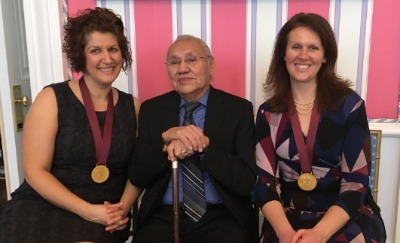
The Treaty4Project founding committee worked on organizing a youth conference to deepen the knowledge previously taught in the classroom and allow members of the community to share their stories with the students. Elders were regularly brought into classes.
More than 200 students from four high schools took part in the first conference in 2015. Two more conferences followed and now a fourth one is scheduled for 2018.
“The Treaty4Project has allowed us to have the opportunity to work in collaboration and build relationships among students, teachers and institutions and this is what we believe to be the true meaning of reconciliation,” says Fortier-Fréçon.
Says Laing: “Using personal stories from guest speakers, our students are invited to unlearn the official narrative and open their heart to other realities that they might not be aware of. Understanding these stories helped our students access a more inclusive history narrative and acknowledge that they have the privilege of living here because in the past a treaty was signed.”
Leia Laing is now teaching Grade 6 at École Monseigneur de Laval. She earned her Bachelor of Education at the U of R in 2008.
Naomi Fortier-Fréçon teaches French Immersion at École Elsie Mironuck Community School in Regina. She earned her Bachelor of Education at the U of R in 2007 and her Master of History at Université de Sherbooke in 2010. She is currently a PhD student in the Faculty of Education working under the supervision of Dr. Fadila Boutouchent.
Laing and Fortier-Fréçon say this project was made possible thanks to the support from:
Saskatchewan Arts Board
First Nations University of Canada
Faculty of Education (U of R)
The McDowell Foundation
Regina public schools
Founding Committee Members:
Noel Starblanket
Calvin Racette
Sandra Bellegarde
Monique Bowes
Hillary Ibbott-Neiszner
Dr. Angelina Weenie
Dr. Kathleen O’Reilly from First Nations University of Canada
Artists Ray Keighley and Lloyd Dubois.
The teaching team since 2015 are all U of R Education alumni:
Heather Findlay – Martin Collegiate
Tamara Ryba – Scott Collegiate
Tana Mitchell – Balfour Collegiate
Tiffany Agopsowicz – Martin Collegiate
Janine Taylor and Jessica Moser – Sheldon Williams
Elizabeth Therrien – Campbell Collegiate
Tracey Ellis – FW Johnson High School.
Other Presenters and Supporters:
Dr. Shauneen Pete (former Indigenous Lead/U of R)
Dr. Anna-Leah King (Faculty of Education)
Dr. Jennifer Tupper (Former Dean of the Faculty of Education)
Dr. James Daschuk, (U of R)
Rap singer Brad Bellegarde (aka InfoRed)
Cadmus Delorme (Chief of the Cowessess First Nation)
Dr. Mike Cappello (Education Faculty) and many more presenters from 2015 to the present day.
University of Regina feature story by Costa Maragos
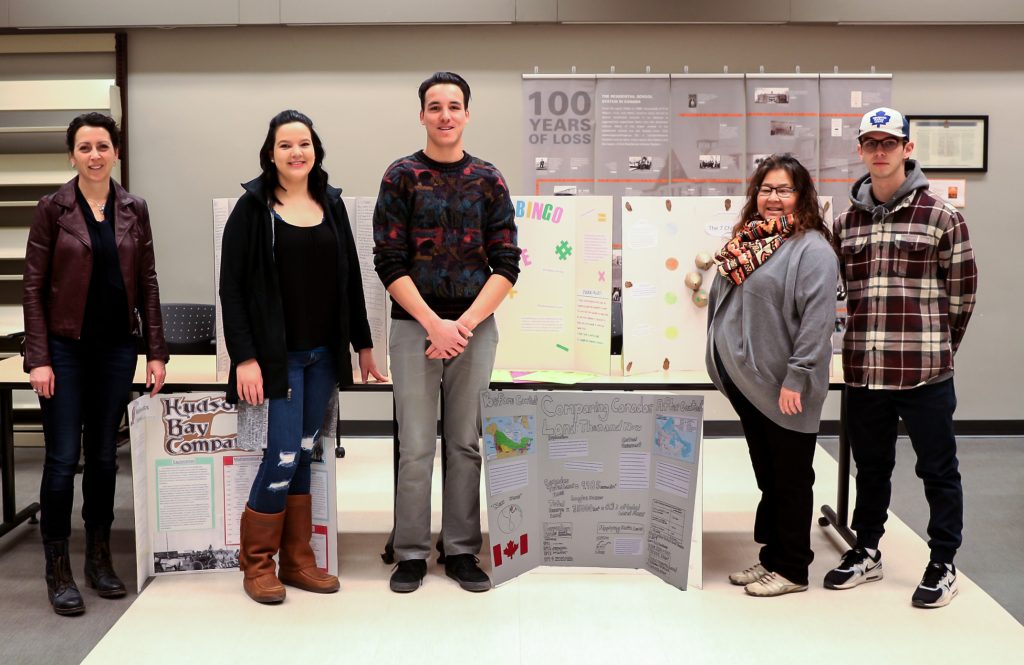
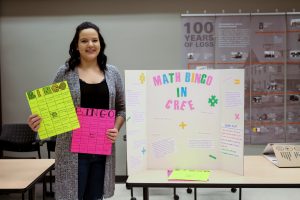
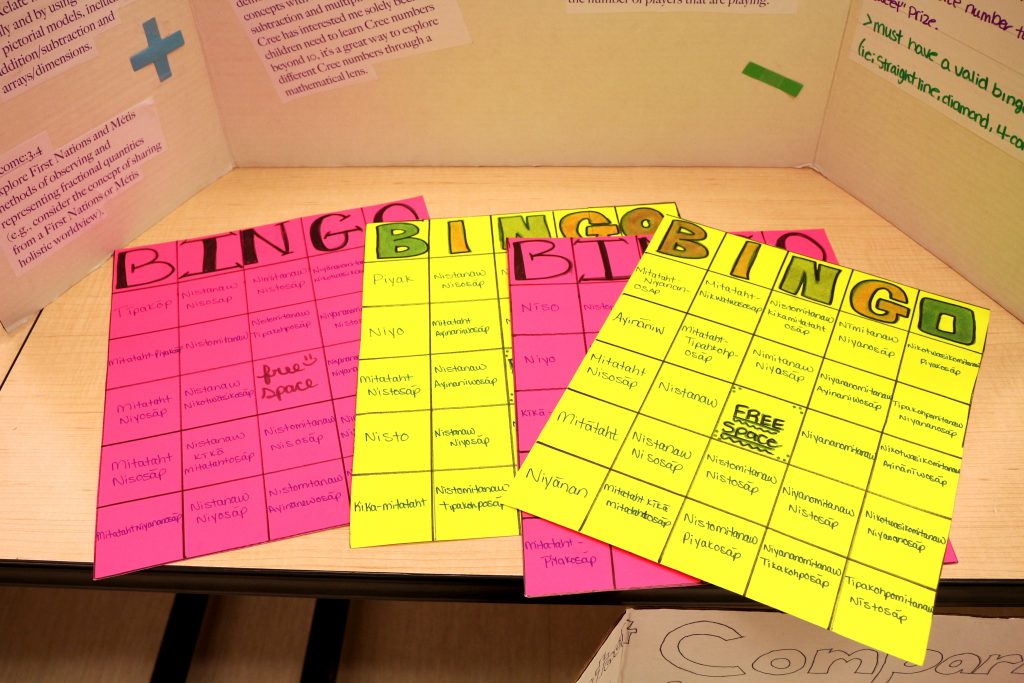
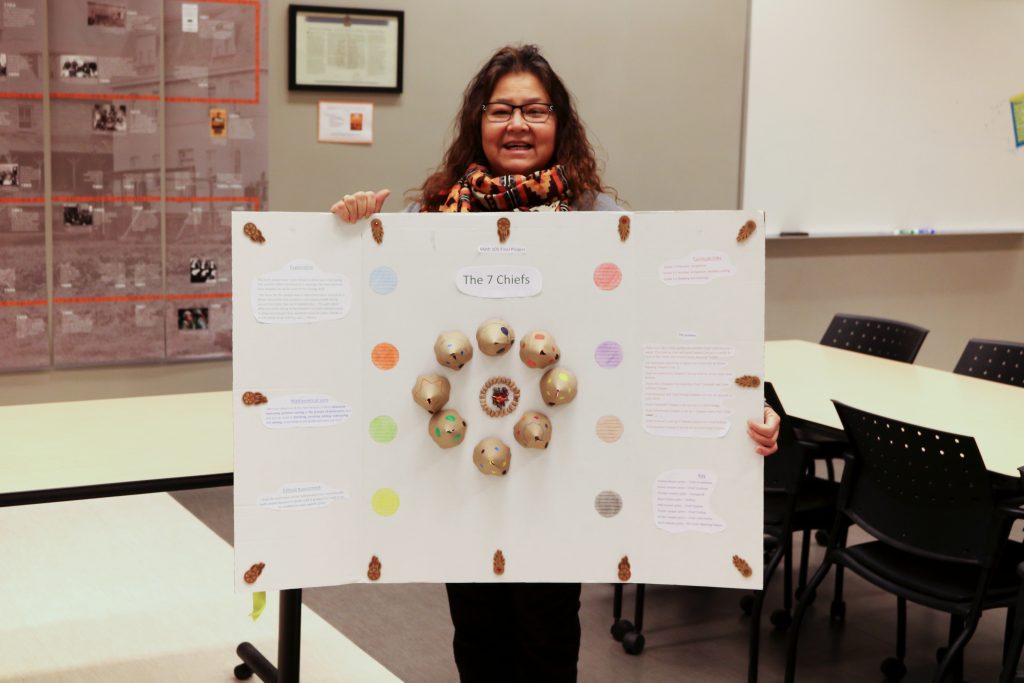
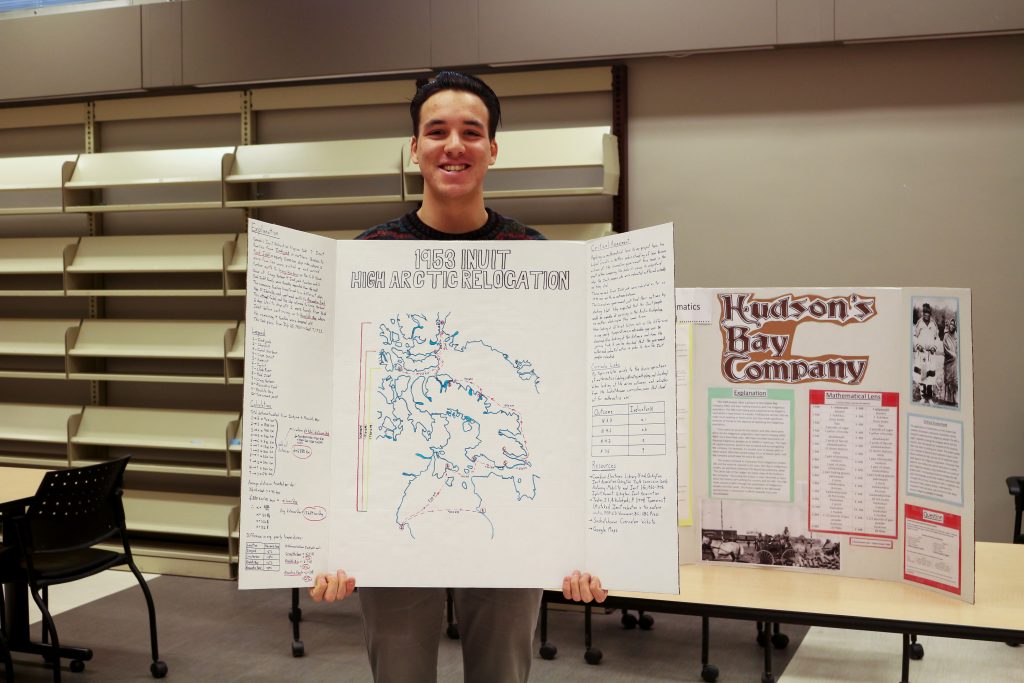
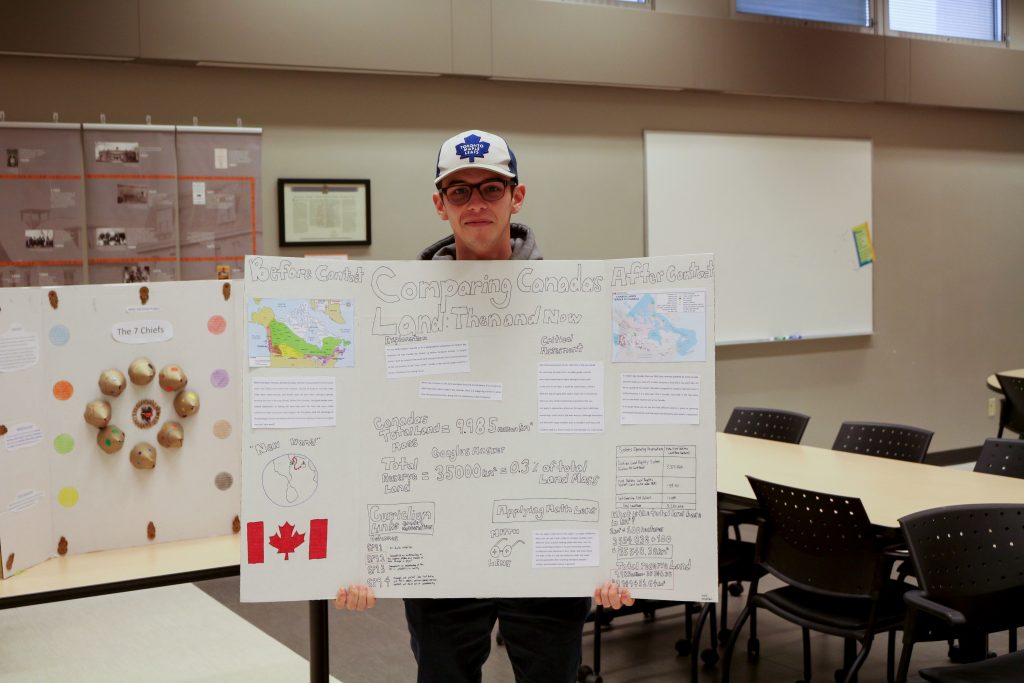
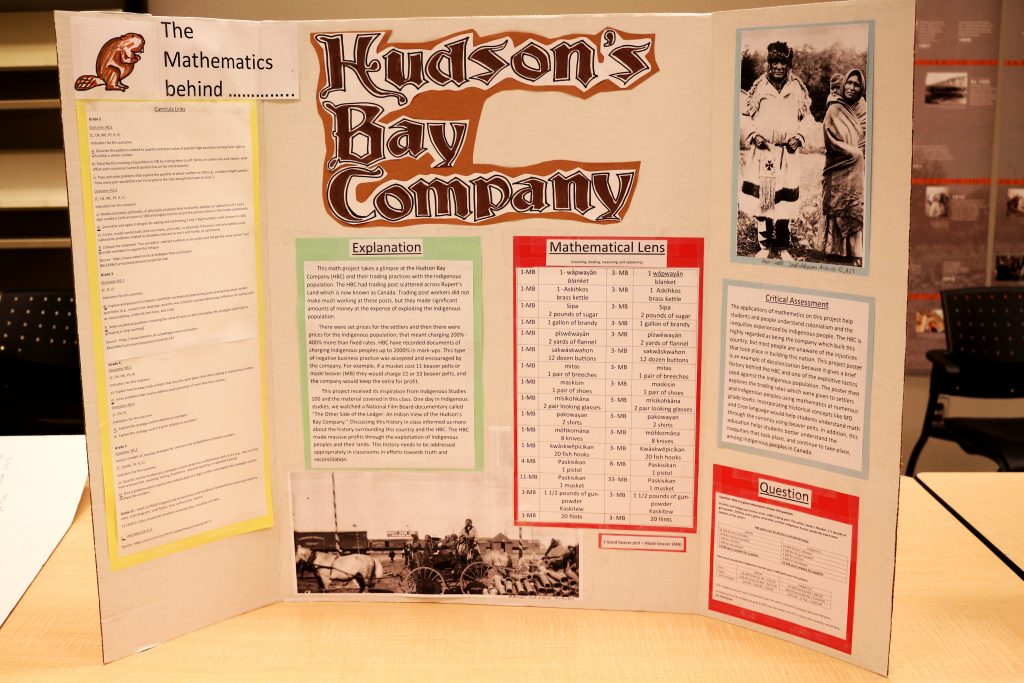
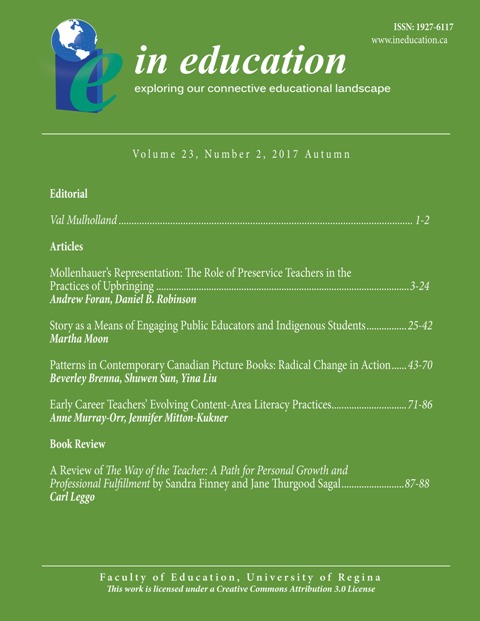

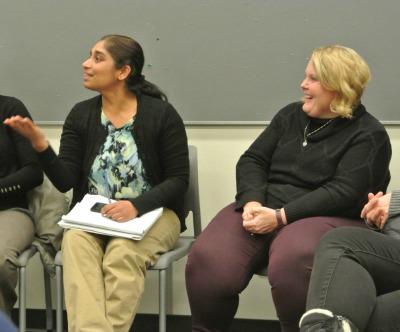
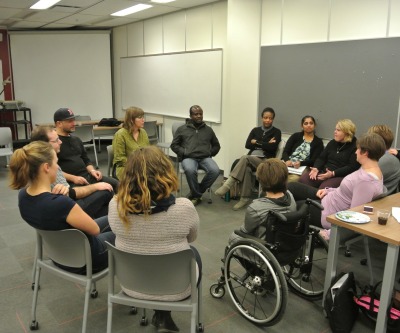
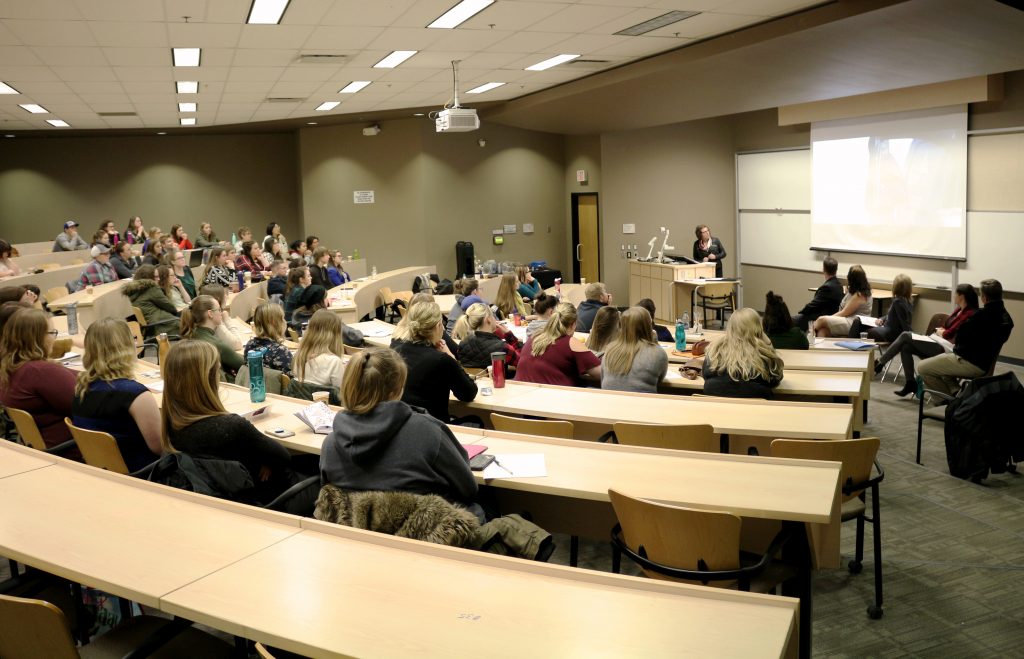
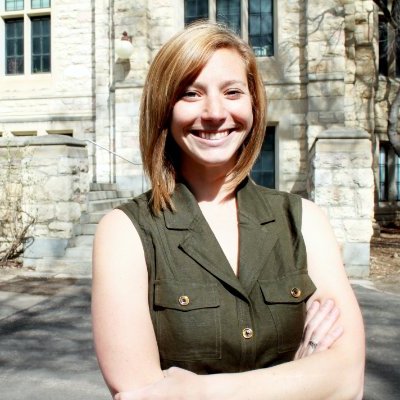 On Tuesday, November 28, Dr. Alexandra Stoddart successfully defended her dissertation, “Physical Literacy: A Journey of Understanding and Development” at the University of Saskatchewan.
On Tuesday, November 28, Dr. Alexandra Stoddart successfully defended her dissertation, “Physical Literacy: A Journey of Understanding and Development” at the University of Saskatchewan.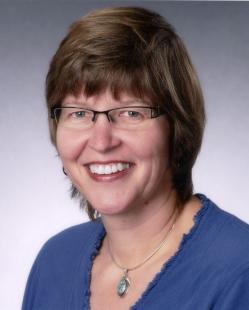 Dr. Hanson is the successful applicant for a SSHRC Insight Grant. Co-applicants on the grant include Dr. Leah Levac (Guelph), Dr. Amy Bombay (Dalhousie), Dr. Raven Sinclair (U of Regina), and Cynthia Stirby (SFU). The study – Reconciling Perspectives and Building Public Memory: Learning from the Independent Assessment Process – received $268,000.
Dr. Hanson is the successful applicant for a SSHRC Insight Grant. Co-applicants on the grant include Dr. Leah Levac (Guelph), Dr. Amy Bombay (Dalhousie), Dr. Raven Sinclair (U of Regina), and Cynthia Stirby (SFU). The study – Reconciling Perspectives and Building Public Memory: Learning from the Independent Assessment Process – received $268,000.